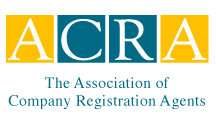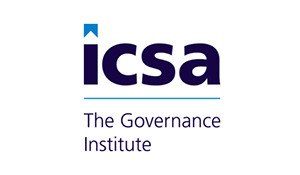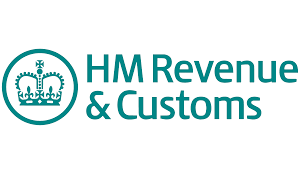So far, those who were unable to return to Ukraine were permitted to take up employment in Lithuania even if they did not hold a permit, provided that they met certain conditions.
However, with its entry into force on September 1 of this year, the new measure will affect all those who are not covered by temporary protection, requiring them to obtain a residence permit on the basis of work, EU Helpers reports.
This means that part of the affected groups will be all those who used the visa-free regime or had a valid Schengen visa, as well as those who had national visas issued based on unforeseen circumstances.
As the Lithuanian Department of Migration explained, once the new rule becomes effective, Ukrainians without temporary protection will be able to work only after they receive their permit and not from the submission date, suggesting that everyone takes care of their application ahead of time.
The department further reveals that such changes will not affect Ukrainian refugees fleeing the war who benefit from the Temporary Protection Mechanism introduced by the European Union in Lithuania after the Department of Migration grants them digital residence permits.
This means that, as before, newly arrived war refugees can start work when they apply for a temporary residence permit to the Migration Department under temporary protection.
Ukrainian Employees Are Not Required to Speak Lithuanian Until 2025
Previously, Lithuanian authorities said Ukrainian refugees would not have to meet language requirements to work for at least another year.
The country extended the period during which “categories of knowledge of the state language will not apply to the employment of foreign nationals under temporary protection in Lithuania. Initially, the period was two years after receiving temporary protection, but now it has been extended to three years.
At the beginning of this year, the Cabinet decided to extend the period of temporary protection for Ukrainian refugees until March 2025.
According to the Ministry of Social Security and Labor, almost 30,000 Ukrainians have found work in Lithuania since the beginning of the full-scale occupation of Ukraine by Russia from February 2022 until February 2024.
An International Organisation for Migration (IOM) survey of Ukrainian refugees living in Lithuania found that 70 per cent of respondents were actively involved in the labour force (73 per cent of men and 70 per cent of women), while 30 per cent remained inactive (27 per cent of men and 30 per cent of women).








